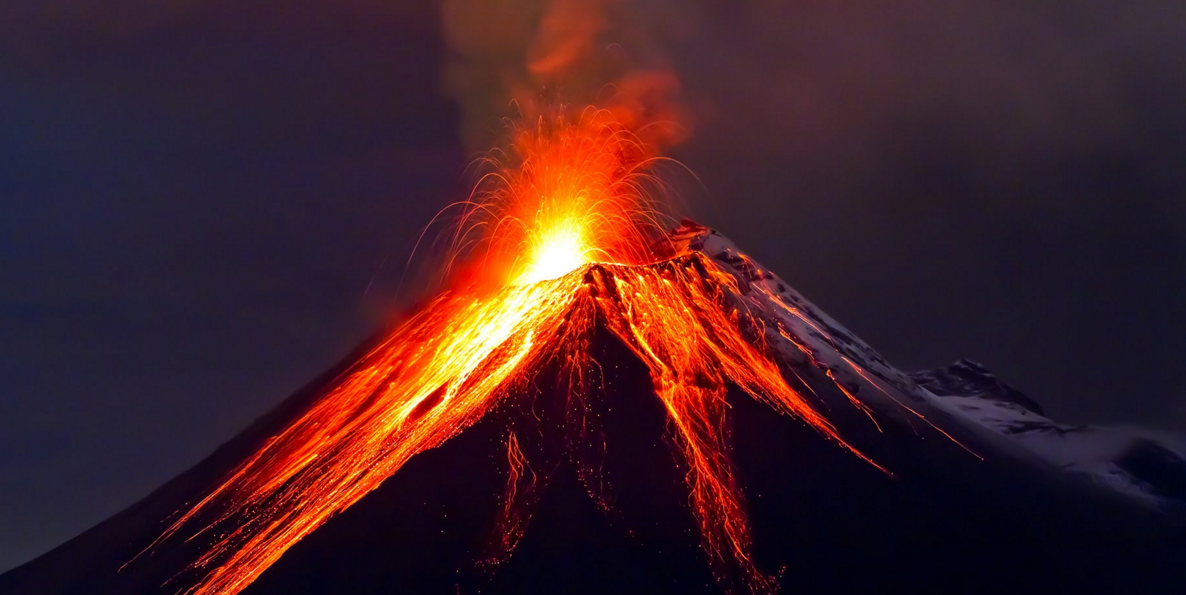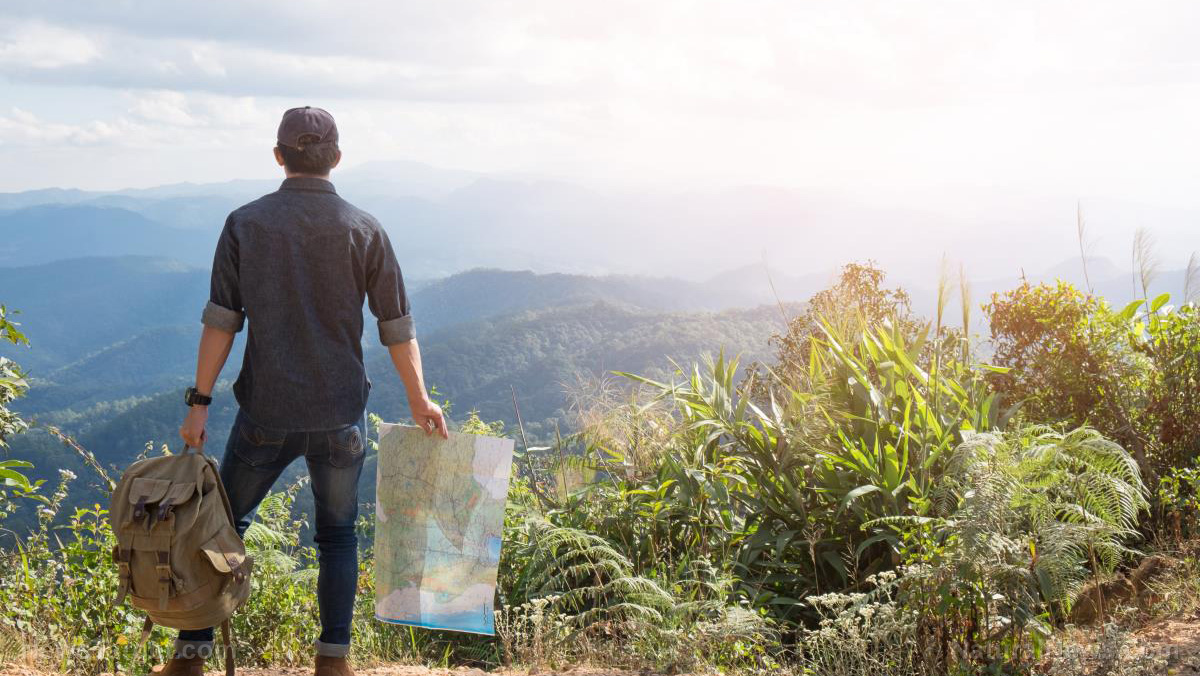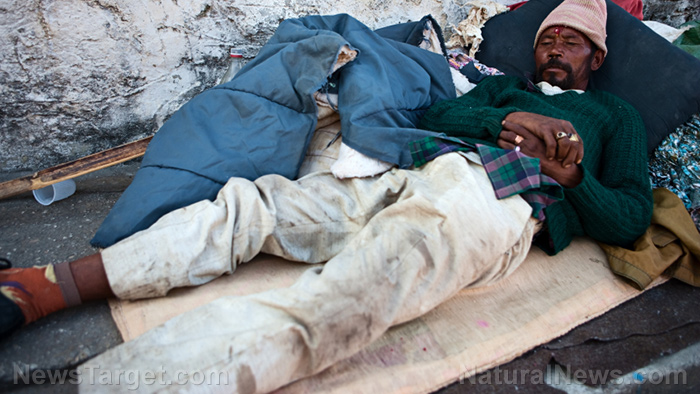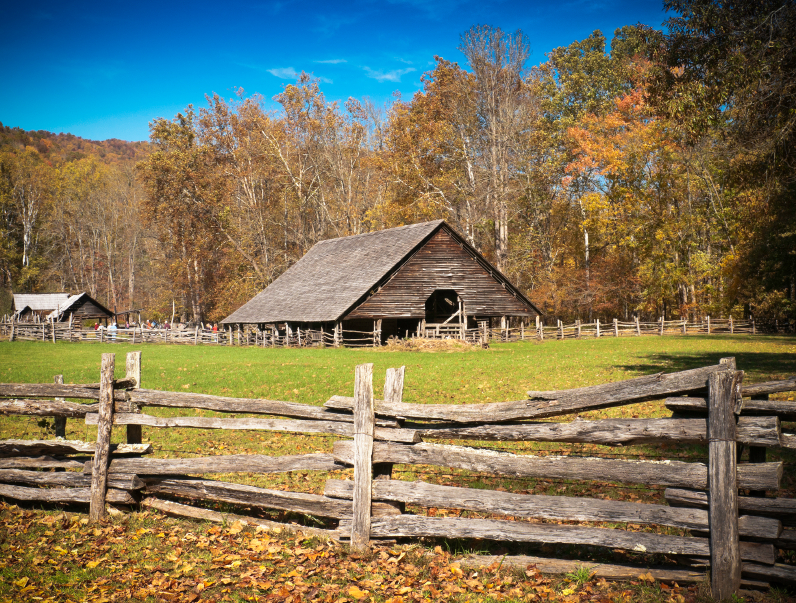One of the world’s largest supervolcanoes nearing eruption, scientists warn… would cause global cooling
10/01/2017 / By Lance D Johnson

As the global warming parade eagerly waits in anticipation for Earth’s temperatures to rise, a group of scientists warn that one of the world’s largest super volcanoes could erupt, setting off a chain of events that would actually cause wide scale cooling of the Earth’s climate.
Centuries ago, the volcanic caldera known as Campi Flegrei erupted just west of Naples, sending tons of ash into the atmosphere. This ash, rich in sulfur dioxide, blocked solar radiation, causing global temperatures to fall. The caldera is active today. Pressure is building as the super volcano nears eruption.
Volcanoes curb greenhouse gases naturally and block solar radiation
If the super volcano were to erupt, it could potentially quell the hysteria of global warming alarmists. An eruption of this size would allow global temperatures to fall naturally, letting the people know that they are not in control. For example, when the volcano at Mt. Tambora erupted in 1815, the greater vicinity experienced a severe cold spell the following year. All these natural disasters, weather events, and temperature cycles are out of people’s hands, despite their delusions of control.
A Massachusetts Institute of Technology study showed that volcanic ash not only blocks solar radiation, it also curbs the amount of greenhouse gases in the atmosphere, causing a grander cooling effect across the planet. The scientists used laser radar, balloons, and ground based measurements to analyze the impact of vaporized particles from volcanic eruptions. They found that just a dozen small volcanic eruptions since the year 2000 cooled the Earth by .12 degrees Celsius, cutting global warming projections in half. What might a super volcano eruption do to the Earth’s climate today?
Sponsored solution from the Health Ranger Store: Lab-verified Nascent Iodine solution is a dietary supplement that provides your body with supplemental iodine to help protect your thyroid during radiation exposure. Nuclear accidents such as Fukushima (or nuclear war) can expose your body to radioactive iodine-131, a dangerous radioisotope. Pre-loading your system with stable iodine occupies the iodine receptor sites on your organs, causing your body to naturally expel radioactive iodine you may have been exposed to through air, food, water or milk products. This defensive strategy is recommended by nearly all health authorities, worldwide, including the Nuclear Regulatory Commission. Discover more at this link.
Super Volcano near Italy on the verge of erupting and cooling the planet
Throughout the 1980s, Campi Flegrei set off a series of small earthquakes. This is due to magma and other hot fluids shooting into the shallow structure of the volcano. Recently, scientists located a concerning “hot zone” within the caldera in southern Italy. Their findings could help predict when the next eruption lets go.
“One question that has puzzled scientists is where magma is located beneath the caldera, and our study provides the first evidence of a hot zone under the city of Pozzuoli that extends into the sea at a depth of 4 km,” said Dr. Luca De Siena of the University of Aberdeen.
“While this is the most probable location of a small batch of magma, it could also be the heated fluid-filled top of a wider magma chamber, located even deeper.”
In the 1980s, a massive rock formation measuring 1-2 km deep blocked magma from rising to the surface. The magma pursued a lateral route to release pressure. However, the pressure within the caldera continues to build, making the next eruption extremely large and catastrophic. The entire caldera has become hotter, indicating the growing pressure of magma beneath the surface. Scientists are trying to predict exactly where the rock will give along the lateral line. Since the seismic activity under Pozzouli has diminished, they fear that the magma will burst further down the line, closer to a more densely populated area such as Naples, Italy.
“This means that the risk from the caldera is no longer just in the centre, but has migrated. Indeed, you can now characterise Campi Flegrei as being like a boiling pot of soup beneath the surface,” Dr. De Siena says.
When the super volcano goes, global warming fears will have no choice but to melt away. The natural phenomenon on Earth is far more intelligent, far more powerful than scientific reason and our attempts to control it. (For more climate news: read ClimateScienceNews.com.)
Sources include:
Tagged Under: Earth, Global Cooling, greenhouse gases, natural disasters, sulfur dioxide, Super-Volcano, temperature cycles, volcanic eruptions




















